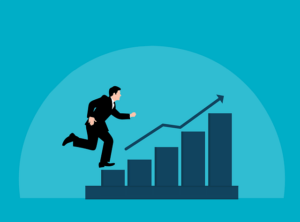News
Denmark’s economy has outperformed everyone
This article is more than 4 years old.
According to The Economist magazine, Denmark’s economy performed the best during the pandemic

It’s an upward trajectory for Denmark (photo: Pixabay)
A few months ago, the government revealed that it expected the economy to have grown by 3.8 percent by the end of 2021, in spite of the pandemic.
Now The Economist magazine has echoed that sentiment by ranking Denmark top of the pops in regards to the performance of economies during the pandemic.
Denmark was ranked first out of 23 wealthy OECD countries, ahead of Nordic neighbours Norway and Sweden.
The list is based on GDP development, investment levels, household income, public debt and share prices.
READ ALSO: Danish economy peaking right now
2022 looks promising
“The overall picture has been remarkably benign, even as several variants of the coronavirus emerged during the year. But it hides stark differences beneath,” wrote The Economist.
“The pandemic has created winners and losers—and the dispersion between them is likely to persist in 2022.”
That statement fits well with the government’s expectation in August that the positive trend was set to continue in 2022. For Denmark, at least.
Meanwhile, Spain finished bottom on The Economist ranking, behind the UK, Japan and Germany.
The US was ranked 10th, followed by Canada (11th), France and Italy (both 15th).










































